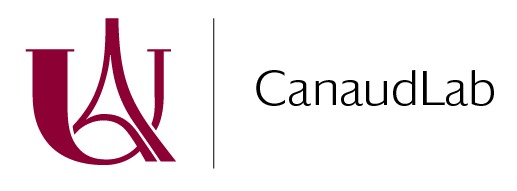
PIPgen: a new Innovative Training Network to put PI3K/PTEN related diseases under the spotlight
- The PIPgen Training Programme seeks to train the next generation of PI3K/PTEN experts and envisions to empower PI3K/PTEN related disease research in Europe towards clinical translation.
- Mariona Graupera, group leader at the Josep Carreras Leukaemia Research Institute, coordinates the Innovative Training Network (ITN) PIPgen, a Marie Skłodowska Curie Action funded by the European Commission under Horizon 2020 (H2020) framework programme.
PIPgen brings together 9 leading European basic and clinical institutions and 3 private companies experts in the PI3K/PTEN field, to train 15 researchers at the Phd level in a wide range of scientific and complementary competences. The main goal of this H2020 funded project is to change the European biomedical landscape in PI3K/PTEN-related diseases.
PIPgen stems from the emerging links between monogenic rare diseases and cancer. There are more than 7000 rare diseases, affecting approximately 30 million European Union citizens.
Genetic alterations in the phosphoinositide 3-kinase (PI3K)/PTEN pathway are common events in both monogenic rare diseases and cancer, presenting a truly unique paradigm of which PIPgen will take advantage. The European project PIPgen, seeks to impact in the assessment and treatment of PI3K monogenic rare diseases and cancer through the knowledge generated in basic bioscience.
The PIPgen consortium, coordinated by the Josep Carreras Leukaemia Research Institute (Spain), includes as beneficiaries the University College of London and Cambridge University (UK), the Université de Paris and Institut National de la Santé et de la Recherche (France), the Erasmus University Medical Center Rotterdam, Amsterdam UMC and Radboudumc (Netherlands) and the CIC-biogune (Spain), as well as the SMEs Kither Biotech (Italy) and qGenomics (Spain).
Additional partners contributing to the training programme are the Universitat Autònoma de Barcelona and Universidad del País Vasco (Spain) and the University of Torino (Italy). Other non-academic sectors, providing specialised training courses will be iOnctura, a clinical stage biopharmaceutical company that will train researchers in entrepreneurship, start-ups and technology transfer; KOM which will provide a workshop on scientific writing and publishing; and Sonja Noss, a training Coach who will provide ESRs with tools to maximize their leadership abilities, resilience and the capacity to deal with stressful situations.
*This project has received funding from the European Union’s Horizon 2020 research and innovation programme under the Marie Skłodowska-Curie grant agreement No 955534
